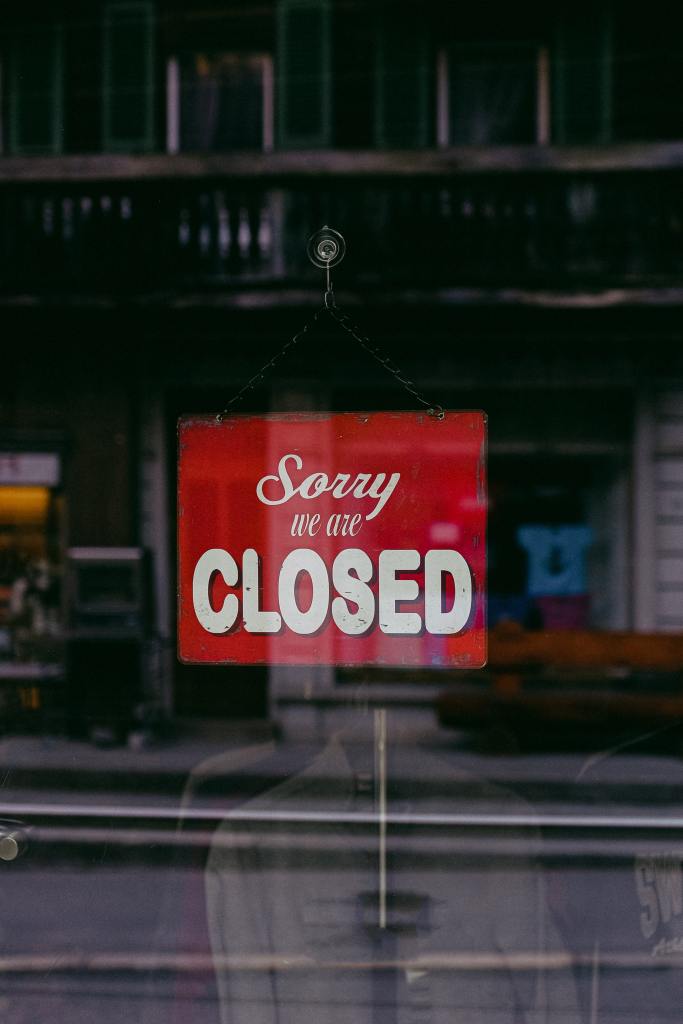
I’ve counted. About 10 times a day, if I’m out running errands. Some days, it’s the phrase I use often to start sentences when dealing with colleagues, especially those I don’t have a close relationship with. “I’m sorry.” Cross in front of someone browsing in the cereal aisle? I’m sorry. Answering an email an hour later? Sorry. Bump into my husband in the kitchen preparing dinner? Sorry.
My husband had to help me with a basic task the other day. It took two tries. Both times I apologized reflexively. Slightly exasperated, he finally asked me what I was sorry for. It was a good question.
When I thought about it, I came to the conclusion that saying “I’m sorry” is used, on my part, and for many of us, I think, to acknowledge that what he was doing was inconvenient. Acknowledging that he was putting himself for me. I wasn’t actually sorry – I was grateful.
That’s one of the important takeaways from an article by Rachel Feintzeig, writing for The Wall Street Journal. She says excessive apologizing is taking away your own power, making you look less confident. She quotes Jeffrey Pfeffer, a professor of organizational behavior at Stanford Graduate School of Business, who says, “People are never satisfied with an apology. Groveling and exhibiting vulnerability only make you look weak and sinks team morale.”
In fact, “sorry” can get you sued. An online blog post by consulting firm callminer.com says “Sorry is prolific in general conversation. So ubiquitous that governments have passed Apology Legislation to curb the impact of apologies such as sorry as being legally binding. Five Canadian provinces and 39 states in America have “Apology Legislation”. This is an effort to limit liability if someone says they are sorry for something.
… saying you are sorry does not actually mean you in fact are. This is especially problematic in health care, where a provider may be truly sorry for the condition of a patient, but not want to be sued for liability for an expression of that empathy. So legally, even if you really are sorry, you can’t be held liable for the sentiment.”
If you’re trying to break your meaningless sorry habit, here’s a place to start. Stop apologizing for things you can’t control. Relace “I’m sorry,” which implies you feel somehow responsible, with a simple explanation. Add in an expression of gratitude, which is much more powerful – and empowering to others – than a weak apology.
“Traffic was a beast. Thanks for waiting so patiently. Let’s get started, shall we?”
“We only had a day to put together this meeting. I’m so glad you could make it on short notice.”
Some people actually despise social apologies, taking them literally and refusing to accept the intent behind them. (You’ve undoubtedly met at least one.) “What are you apologizing for? You didn’t make your car break down.” Using expressions of gratitude instead will make both you and the other party feel better about your interaction. “I appreciate your flexibility on this.” “I’m grateful for your understanding.” These phrases are probably closer to your meaning, anyway.
Even when you’re using sorry to be gracious, like when you’re interrupting your boss with a question, you can phrase it differently. “I hope you’re not too busy to answer a quick question.” “I’d love to talk these edits over with you if I’m not interrupting anything important.”
What about when you’re at fault? When you actually mess up? You can take responsibility for small mistakes without apologizing. You’ll be offering to hold yourself accountable through your actions, which are even more powerful than words. “I’m taking responsibility for this, and here’s how I plan to fix it.” “I made this error because I was in a hurry. It won’t happen again.”
Eliminating some of the reflexive and meaningless sorry from your discussions will make the real thing more powerful when you need to make amends for something serious and offer a heartfelt apology.